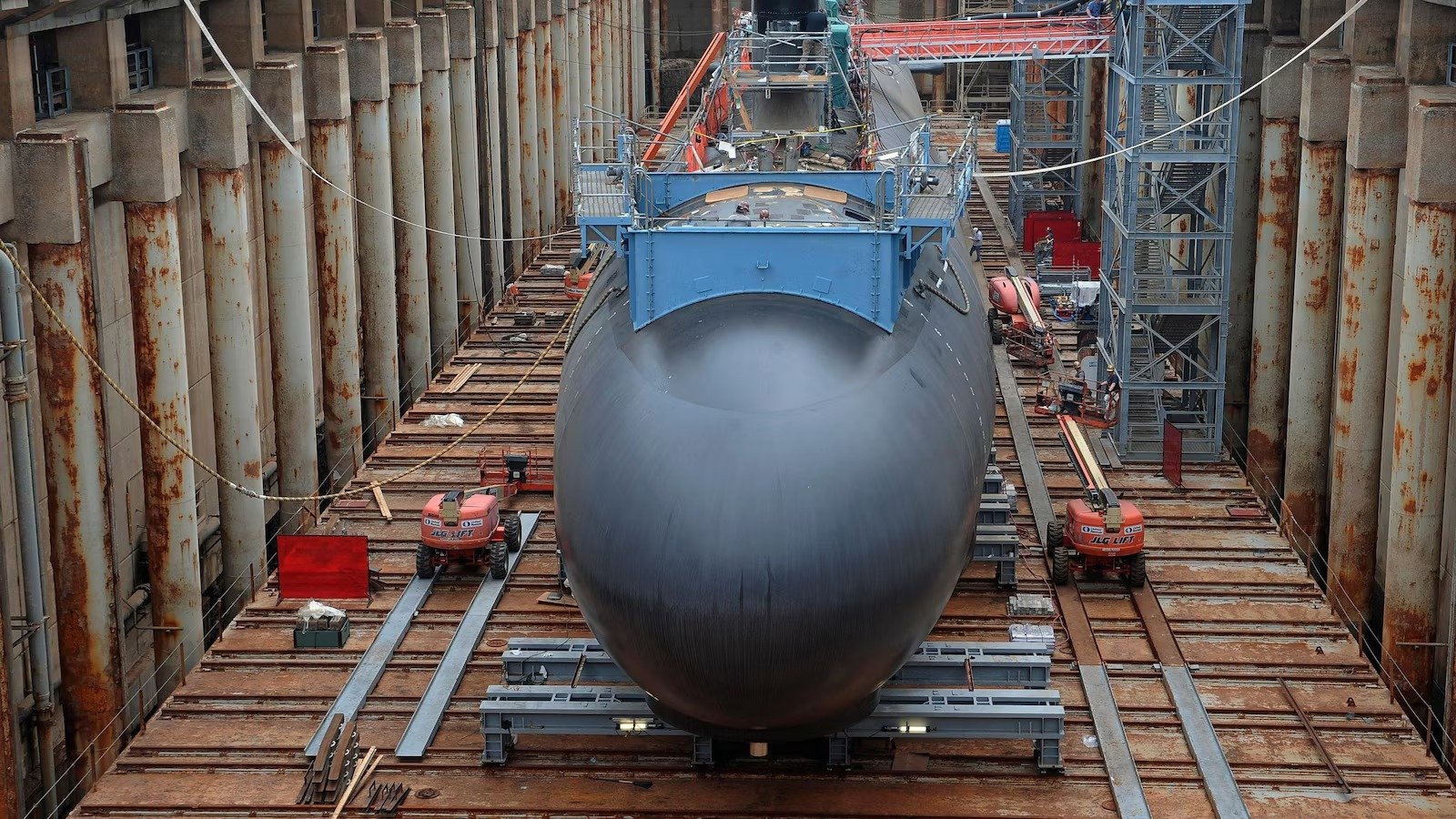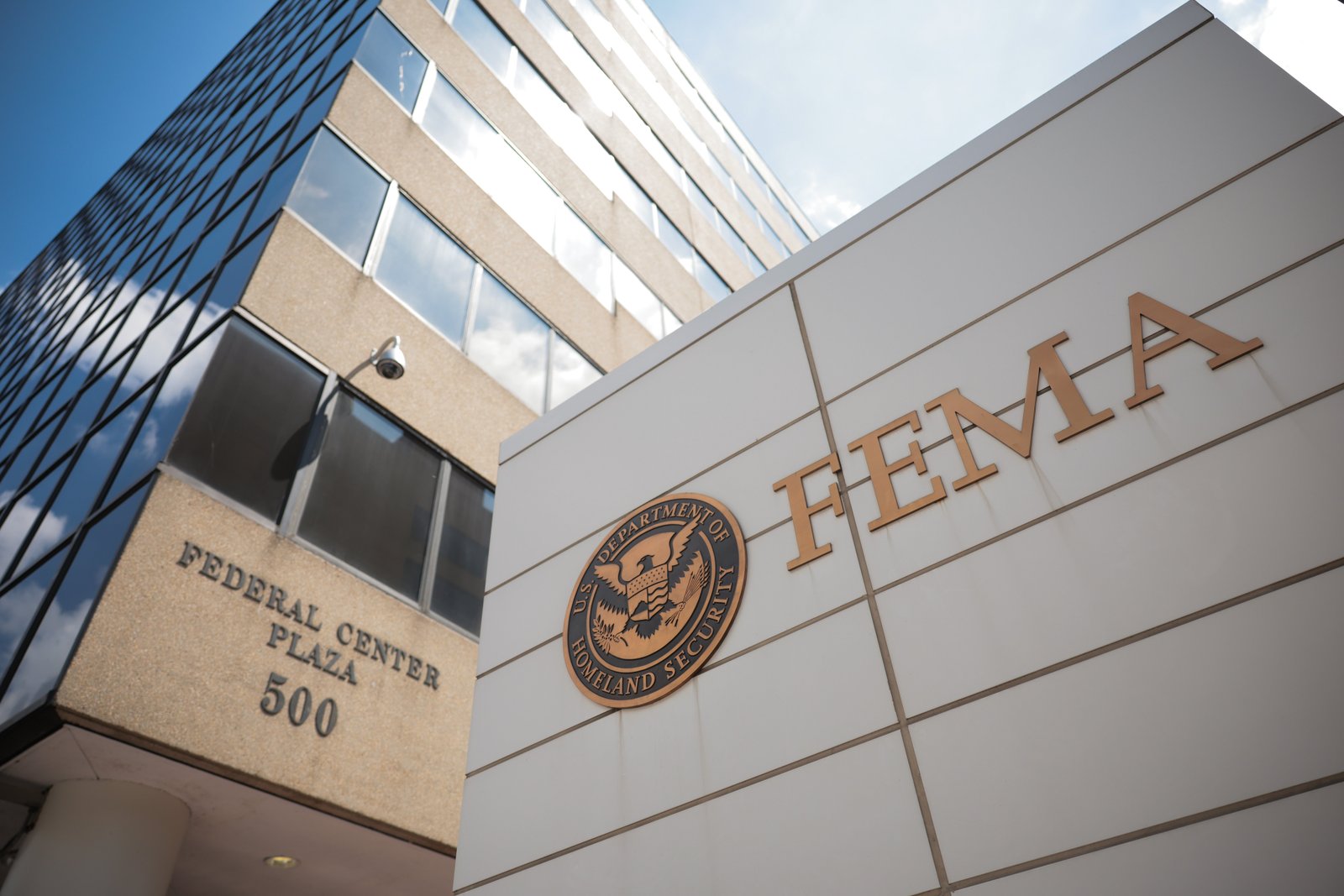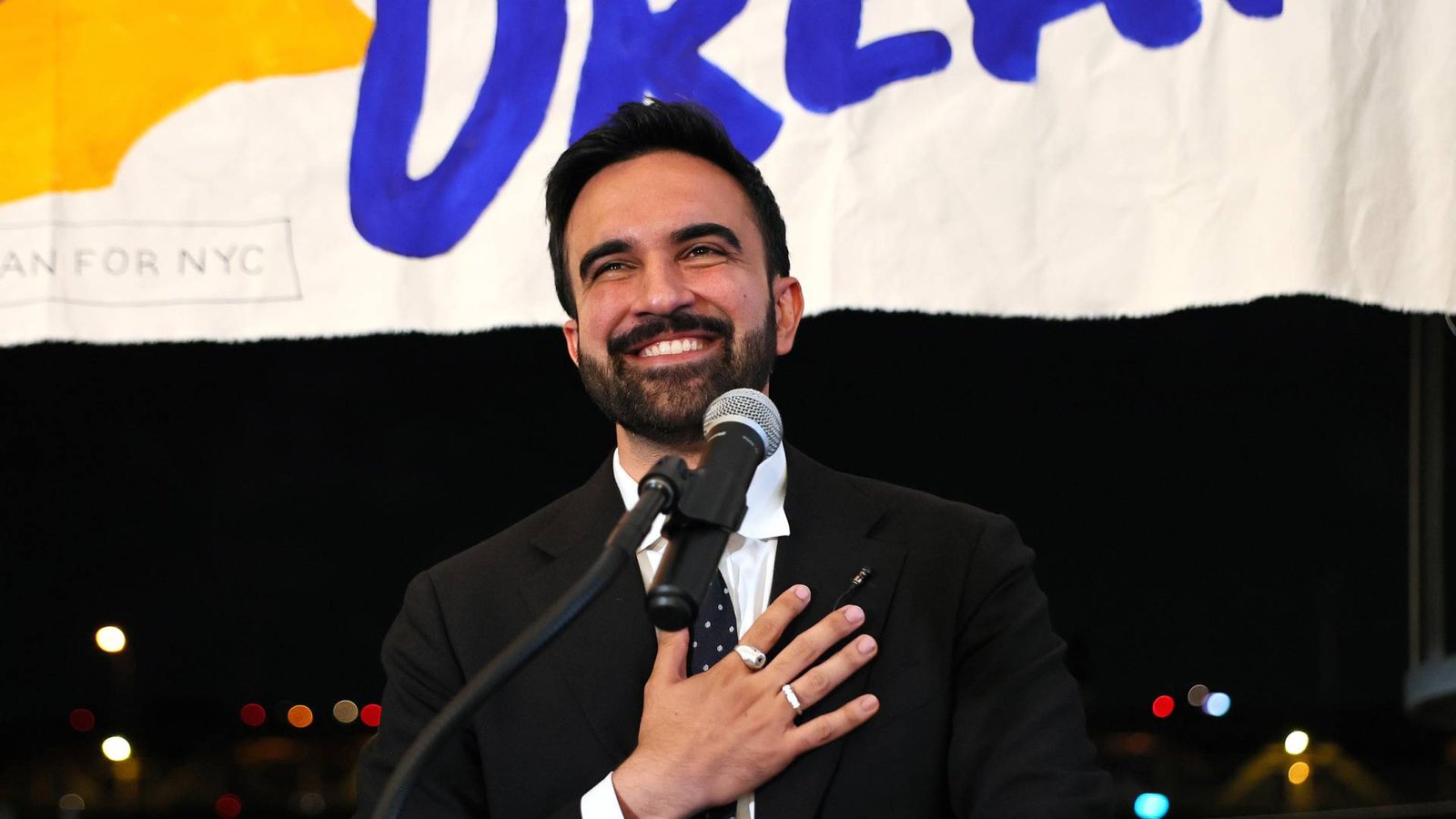U.S. lawmakers from both parties urge the Trump administration to keep the AUKUS security pact alive. This pact links the United States, Australia, and the United Kingdom in a deal to supply Australia with nuclear-powered submarines. The call comes as the Pentagon reviews the pact amid concerns about U.S. shipbuilding capacity.
The Defense Department announced a review of AUKUS two weeks ago. The pact was signed four years ago under the Biden administration. The review shows the Trump administration is examining this key partnership. Many see AUKUS as vital to counter China’s influence in the Indo-Pacific. The review is expected to finish this fall.
Republican Rep. John Moolenaar of Michigan and Democratic Rep. Raja Krishnamoorthi of Illinois wrote a letter on July 22 to Defense Secretary Pete Hegseth. Moolenaar chairs the House China panel, and Krishnamoorthi is its top Democrat. They wrote, “AUKUS is essential to strengthening deterrence in the Indo-Pacific and advancing undersea capabilities that will ensure peace and stability.”
The Trump administration is reviewing the pact while facing a weakened industrial base. This base limits the ability to build enough warships. Elbridge Colby, the Pentagon’s third-ranking official, leads the review. He expressed doubts about the pact’s feasibility.
Colby said during his March hearing, “If we can produce attack submarines fast enough and in sufficient numbers, great. If not, that is a big problem.” He stressed the need to restore U.S. defense industry capacity. This would help supply both the U.S. and its allies.
The $269 billion AUKUS deal will sell three to five Virginia-class nuclear submarines to Australia. The first delivery is planned by 2032. The U.S. and U.K. will help Australia build another three to five submarines. This will form an eight-submarine force.
A March report from the Congressional Research Service warned of shipbuilding challenges. It highlighted workforce shortages and weak supply chains. The report said if the U.S. sells subs to Australia, the U.S. Navy may face shortages for 20 years.
The Navy has ordered two submarines per year in the last decade. But since 2022, shipyards have produced only 1.2 subs per year.
Admiral Daryl Caudle, nominee for Chief of Naval Operations, told the Senate last month, “The delivery pace is not where it needs to be” for AUKUS.
Australia invested $1 billion in the U.S. submarine industry. Another $1 billion will come by the end of this year. Australia has pledged $3 billion total to support U.S. submarine capacity. It also sends industry and navy staff to train in U.S. shipyards.
An Australian defense official said in July, “Australia will make a proportionate contribution to the U.S. industrial base. Our goal is to speed U.S. production and maintenance to deliver our future submarines.”
The three countries recently tested communication systems for underwater autonomous systems. They plan to develop other advanced technologies together. These include undersea and hypersonic weapons.
At the Aspen Security Forum, Australian Ambassador Kevin Rudd said Australia will raise defense spending. This will support the first nuclear submarine program. It will also build costly maintenance facilities in Western Australia for the U.S. Indo-Pacific fleet.
Rudd said he is confident both governments “will work our way through this.”
Security expert Bruce Jones said AUKUS helps arm the crucial undersea region in the Western Pacific. He said, “We should not accept the current pace of submarine building. We need to increase it.”
Jennifer Parker, a former Royal Australian Navy officer, said the deal benefits both sides. “Selling a sub to Australia might mean one less for the U.S., but Australia offers access and maintenance that helps the U.S.,” she said.
Republican lawmakers usually oppose the Trump administration on defense. But on AUKUS, they joined Democrats in support. They note Congress approved $10 billion since 2018 to help U.S. submarine production. This funding aims to supply both U.S. needs and sales to Australia.
Senator Tim Kaine, Democrat from Virginia, said bipartisan support is strong. He said, “There is some confusion about the Pentagon’s analysis, but hopefully, it will confirm the pact’s value.”







